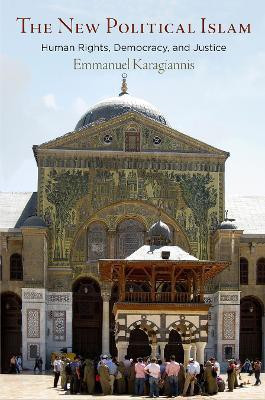The New Political Islam(English, Electronic book text, Karagiannis Emmanuel)
Quick Overview
Product Price Comparison
Explains how various Islamists have endorsed human rights, democracy, and justice to gain influence and mobilize supporters Islamist political parties and groups are on the rise throughout the Muslim world and in Muslim communities in the West. Owing largely to the threat of terrorism, political Islam is often portrayed as a monolithic movement embodying fundamentalism and theocracy, an image magnified by the rise of populism and xenophobia in the United States and Europe. Reality, however, is far more complicated. Political Islam has evolved considerably since its spectacular rise decades ago, and today it features divergent viewpoints and contributes to discrete but simultaneous developments worldwide. This is a new political Islam, more global in scope but increasingly local in action. Emmanuel Karagiannis offers a sophisticated analysis of the different manifestations of contemporary Islamism. In a context of global economic and social changes, he finds local manifestations of Islamism are becoming both more prevalent and more diverse. Many Islamists turn to activism, still more participate formally in the democratic process, and some, in far fewer numbers, advocate violence-a wide range of political persuasions and tactics that reflects real and perceived political, cultural, and identity differences. Synthesizing prodigious research and integrating insights from the globalization debate and the literature on social movements, The New Political Islam seeks to explain the processes and factors leading to distinctive fusions of "the global" and "the local" across the landscape of contemporary political Islam. Examining converts to Islam in Europe, nonviolent Islamists with global reach, Islamist parties in Turkey, Egypt, and Tunisia, and militant Shia and Sunni groups in Syria and Iraq, Karagiannis demonstrates that Islamists have embraced ideas and practices from the global marketplace and have attempted to implement them locally. He looks closely at the ways in which Islamist activists, politicians, and militants have utilized the language of human rights, democracy, and justice to gain influence and popular support and to contend for power.


